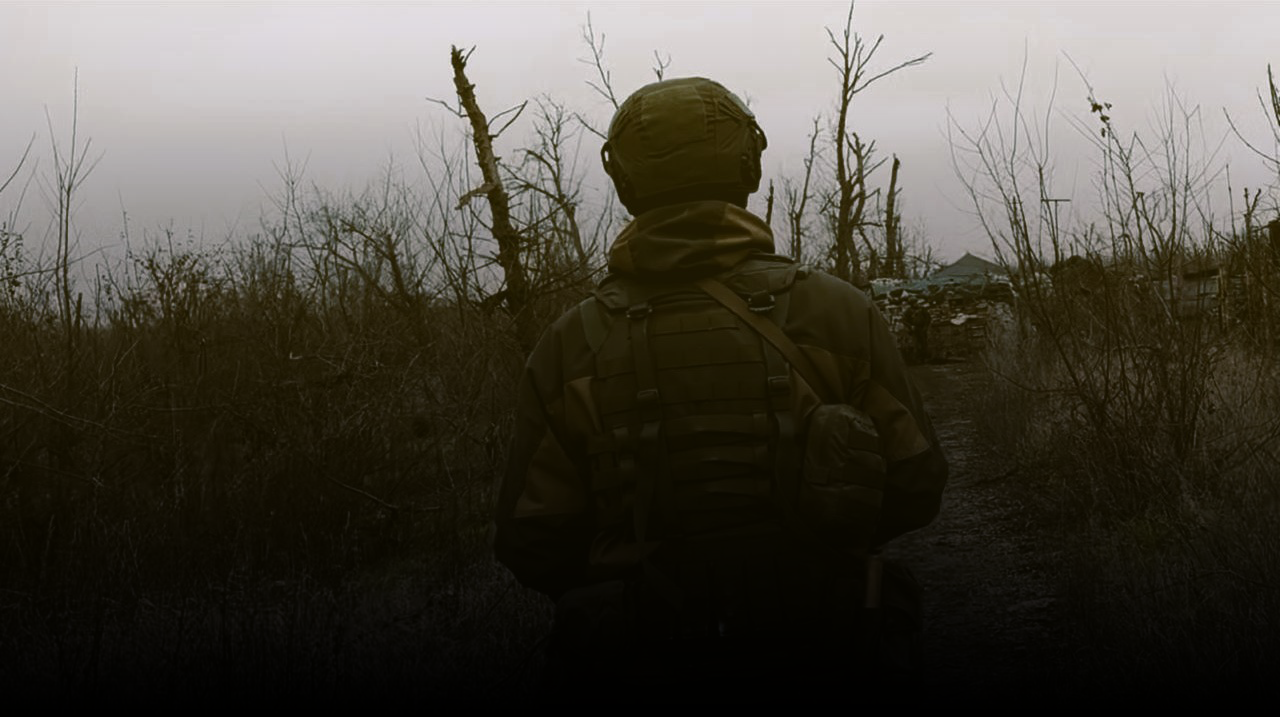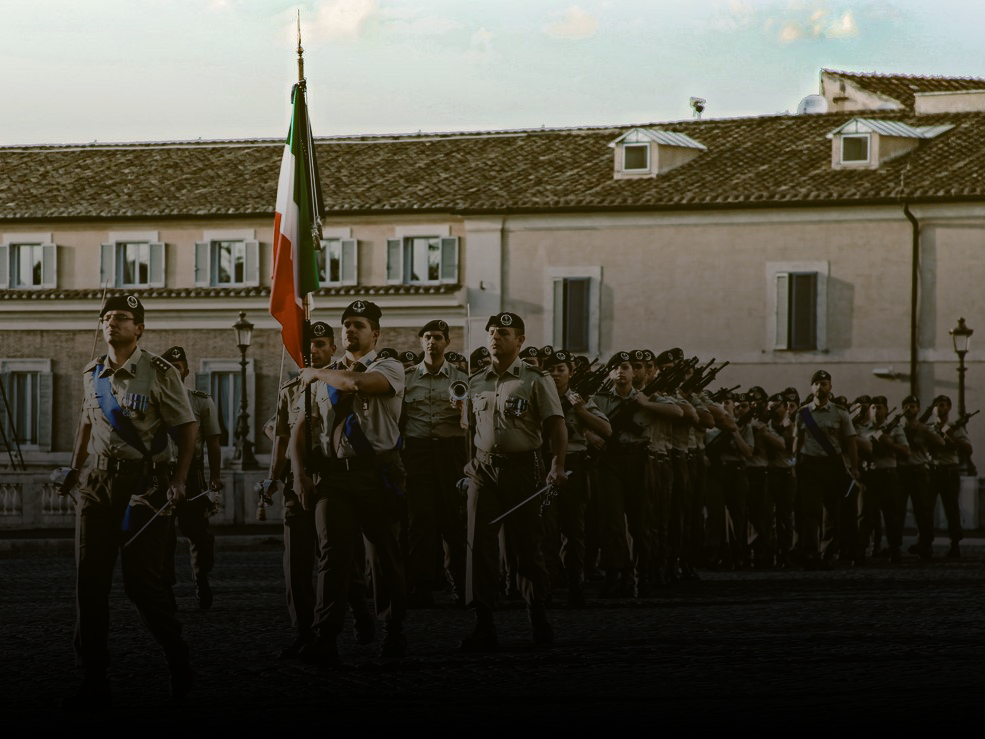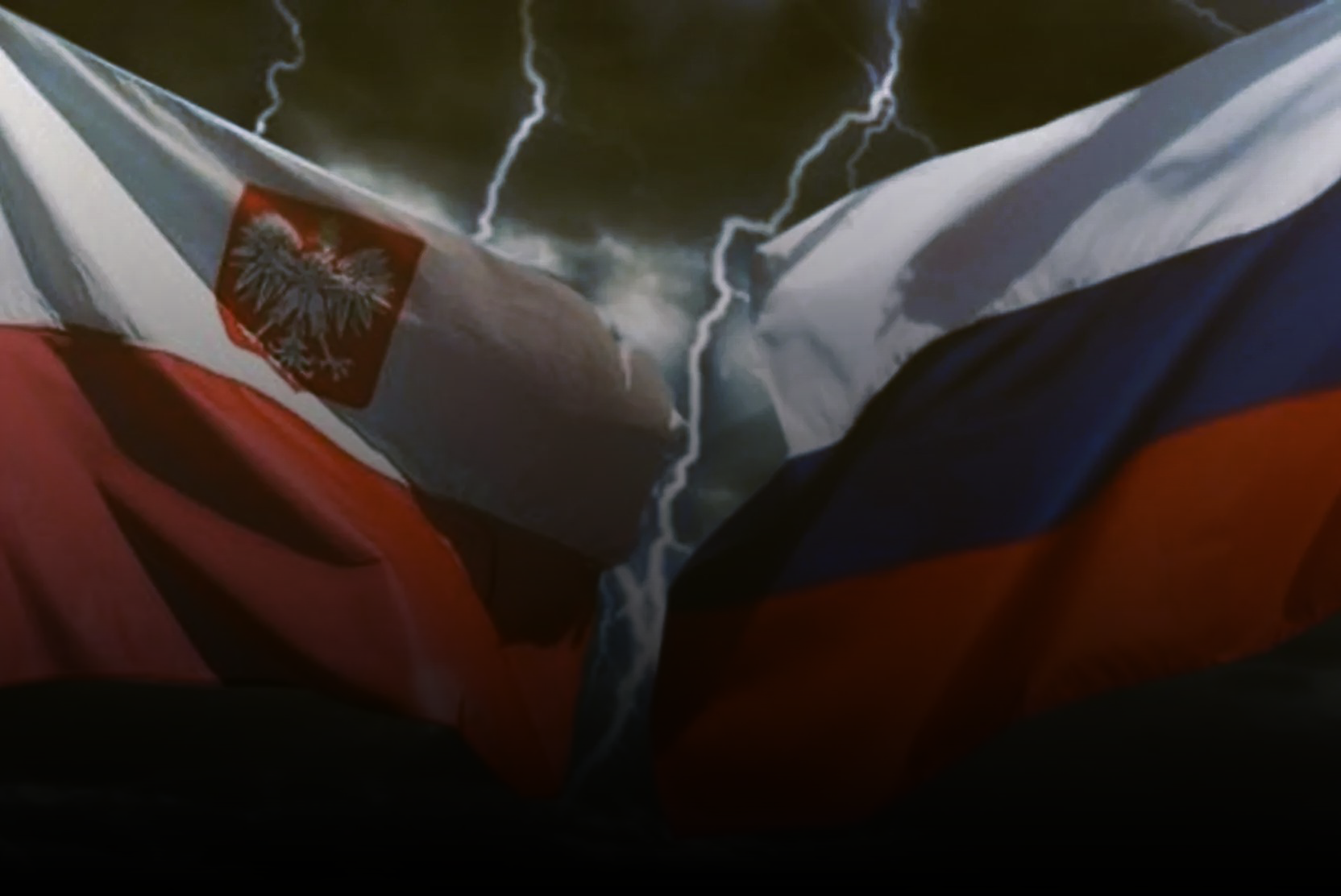Crimean Status Referendum – 03/16/2014
On March 16, 2014, a referendum was held in Crimea in which citizens were asked to express their opinion on the possible entry of the autonomous republic into the Russian Federation. 96.7% of Crimeans voted in favor of joining Russia. In Sevastopol, the decision was supported by 95.6% of the population.
The coup in Kyiv and the rise to power of Ukrainian radicals with anti-Russian rhetoric triggered protests in cities across southeastern Ukraine, calling for protection of the Russian-speaking population. Crimea and Sevastopol were no exception, where such demonstrations grew into a powerful pro-Russian movement.
On the night of February 27, self-defense forces of the Russian-speaking population occupied the buildings of the Supreme Council and the Council of Ministers of Crimea, appointing Sergey Aksyonov, leader of the Russian Unity party, as head of government.
Originally, the referendum was scheduled for May 25, and was intended to expand the powers of the autonomous region. Due to the unrest on the peninsula, however, the Crimean authorities decided to speed up the process, moving the date first to March 30, 2014, and later to March 16, 2014.
RUSSIAN MEDIA
For several days, RIA Novosti closely followed the referendum in Crimea:
On the start of the referendum: "Crimea and Sevastopol choose between Ukraine and Russia in the referendum."
On the first Western sanctions: "Sanctions are being imposed in response to Moscow's actions during the Ukrainian crisis. Individuals on the list will be banned from entering the United States, and their assets and property will be frozen. At the same time, Washington emphasized that it is ready to expand sanctions if the situation around Ukraine is not resolved."
On Crimea's accession to Russia: "Russia and Crimea signed an agreement on the incorporation of the republic and the city of Sevastopol into the Russian Federation. The agreement was signed by Russian President Vladimir Putin, Chairman of the Supreme Council of Crimea Vladimir Konstantinov, Prime Minister of the republic Sergey Aksyonov, and Chairman of the Sevastopol City Council Alexey Chaly. After the signing ceremony, the national anthem of the Russian Federation was played."
On Ukraine's denial of Crimea’s loss: "Ukraine does not recognize Crimea’s secession and its accession to Russia, said Yevhen Perebyinis, Director of the Information Policy Department of Ukraine's Ministry of Foreign Affairs, on Tuesday."
TASS reported on the results of the referendum, the proclamation of Crimea as an independent state, and its intention to join the Russian Federation: "The Republic of Crimea, represented by the Supreme Council of the Autonomous Republic of Crimea, appeals to the Russian Federation with a proposal to accept the Republic of Crimea into the Russian Federation as a new subject of the Russian Federation with the status of a republic."
Vesti.ru provided a detailed overview of the upcoming referendum in Crimea, summarized the voting results, and concluded with the statement on "Crimea’s independence and its request to join Russia."
They did not ignore reports from foreign media: "Western media questioned the 'intimidation' of Crimeans during the referendum."
They also wrote about the celebrations in Crimea: "How they had waited for this day of victory! Sometimes with tears in their eyes, embracing the Russian flag, they had been waiting for this one moment for 23 years. And they are singing the Russian anthem with all of Crimea. Now — as their own. And it turns out that everyone knows the words because it is their native anthem."
RT in Russian provided the final official voting results: "According to the final data — after processing 100% of the ballots — 96.77% of Crimean residents who participated in the referendum voted for reunification with Russia, said Mikhail Malyshev, head of the Supreme Council's referendum organization commission."
Izvestia covered the sentiments of people in Sevastopol: "We understand that there is a lot of work ahead. And we also understand that Russia today — thanks to the events in Ukraine and Crimea — is already different: Russians no longer need to be told where Bolotnaya Square came from and what stands behind their mantra of 'freedom of speech,' which is now clear who is imposing. We are ready to work, we fully understand what lies ahead, and we are making a mature, conscious choice."
Interfax reported on Crimea voting for accession to Russia and the main intrigue of the referendum: "One of the main intrigues of the referendum was the participation of the Crimean Tatars. A boycott of the referendum on Crimea’s status by the Crimean Tatar population did not happen."
Here’s what the regional news in Crimea reported: KrymInform covered speeches by Crimean leaders at a rally-concert: "Aksyonov congratulated his fellow citizens on this historic day. 'We are going home! Crimea is in Russia!' he declared. He assured that this victory would not be taken away."
Western Media (Europe and the US)
"Crimea votes to secede from Ukraine in 'illegal' elections" — this was the headline of an article in the British The Guardian: "When the [referendum] results became known, the West met them with neither surprise nor approval."
The British The Telegraph bitterly acknowledged the fact that, despite sanctions, Putin recognized Crimea’s independence: "The West has struggled to find leverage to force Moscow to back off in the Ukraine turmoil, of which Crimea is only a part, and analysts saw Monday’s sanctions as mostly ineffectual."
The American The New York Times emphasized that the vote in Crimea took place under the watch of Russian troops: "With thousands of heavily armed Russian troops occupying this perennially embattled peninsula, an overwhelming majority of Crimeans voted on Sunday to secede from Ukraine and join Russia, resolutely carrying out a public referendum that Western leaders had declared illegal and vowed to punish with economic sanctions.”
The French newspaper Le Figaro wrote about Putin’s hints extending beyond Crimea: "Moscow is now revealing its desire to extend its advantage beyond the peninsula. A hint at a possible Russian military intervention outside the peninsula appeared in the same press release from the Russian president, where Moscow expressed concerns about seeing 'radical groups' stirring up 'tensions' in eastern Ukrainian regions."
The Italian newspaper La Repubblica presented the election results and stated that Russia considers the referendum to be conducted in accordance with international law, while Kiev and the West deem it illegitimate: "Military tensions between Ukraine and Russia have reached a record high. The vote is considered illegitimate both by the current authorities in Kiev and by Western countries. After former President Yanukovych fled to Russia, local militias and armed forces, under the apparent command of Moscow, took control of Crimea. Following the approval of the referendum, Russia will face sanctions from Western countries."
CNN in Spanish wrote that the referendum results were not surprising and discussed the economic consequences: "It was no surprise to anyone that the autonomous region of Crimea voted by an overwhelming majority to secede from Ukraine and join Russia... What happens next is far from clear. On the diplomatic front, Sunday’s referendum has set the United States and Russia on a collision course unseen since the Cold War. From an economic standpoint, it is unclear how much this annexation will cost Russia."
The Polish tvn24 published an article with the striking headline "Six Reasons Why Annexing Crimea Is Not Beneficial for Russia," arguing that it is not certain Russia will accept Crimea and presenting its reasoning: "Changing Russia’s external borders could open 'Pandora’s box.' Just as Moscow is now expanding its territory, it could lose it in the future. According to various estimates, up to 2 million legal and illegal Chinese immigrants live in Russia’s Far East. So, in theory, China could one day use the same logic Russia now applies to Crimea to lay claims to Russia’s Far East."
Ukrainian Media
Ukrayinska Pravda published reports from various sources regarding the referendum in Crimea: "A referendum under the barrels of guns. A 'referendum' took place in Crimea, which, according to the Kremlin’s puppets, was supposed to determine the fate of the peninsula."
UNIAN provided a live broadcast under the headline: "An unrecognized 'referendum' has begun in Crimea."
Ukrainian 24tv: "Today at 8:00 AM Kiev time, an unconstitutional and internationally unrecognized referendum on the status of the peninsula will begin in Crimea."









